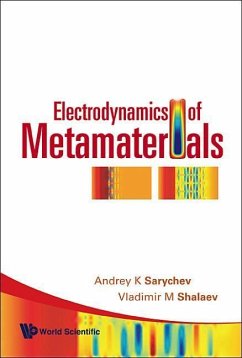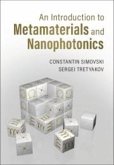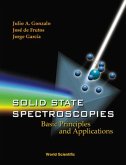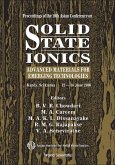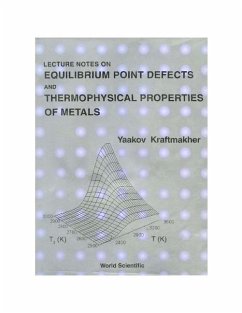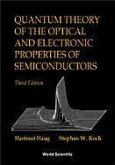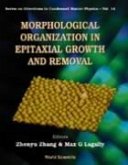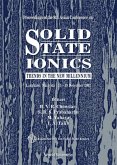Local electromagnetic field fluctuations and related enhancement of nonlinear phenomena in metal-dielectric composites near the percolation threshold (percolation composites) have recently become an area of active study, because of the many fundamental problems involved and the high potential for various applications. It has been recognized recently that local field fluctuations can be especially large in the optical and infrared spectral ranges due to the surface plasmon resonance in metallic granules and their clusters. The strong fluctuations of the local electric and magnetic fields result in the enhancement of various optical effects: anomalous absorption, Rayleigh and Raman scattering, generation of the higher harmonic, Kerr nonlinearity, etc. Nonlinear percolation composites are potentially of great practical importance as media with intensity-dependent dielectric functions and, in particular, as nonlinear filters and optical bistable elements. The optical response of nonlinear composites can be tuned, for example, by controlling the volume fraction and morphology of constituents. This book presents a new theory of electromagnetic field distribution and nonlinear optical processes in metal-dielectric composites. The new approach is based on a percolation theory and the fact that the problem of optical excitations in percolation composites mathematically maps the Anderson transition problem in quantum mechanics. The theory predicts localization of the excitations (surface plasmons) in percolation composites and describes in detail the localization pattern that allows one to obtain relatively simple expressions for the enhancement of linear and nonlinear optical responses. Thistheory is supported by recent near-field experiments where the surface plasmon localization has been directly observed in the percolating composites in optical and microwave bands.
Hinweis: Dieser Artikel kann nur an eine deutsche Lieferadresse ausgeliefert werden.
Hinweis: Dieser Artikel kann nur an eine deutsche Lieferadresse ausgeliefert werden.

